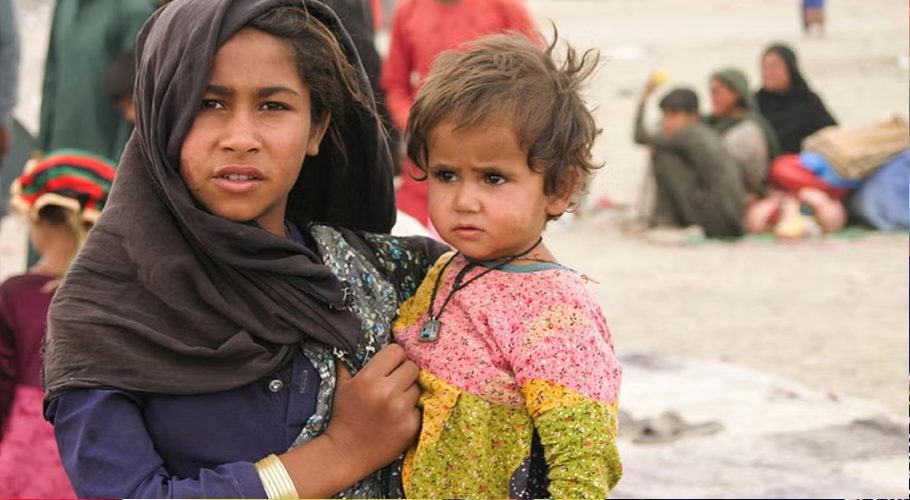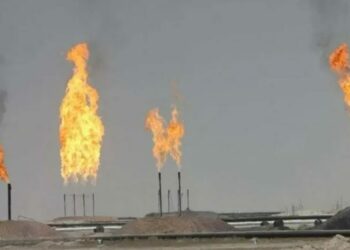The World Economic Forum (WEF) sees Pakistan facing a huge threat of hunger and distress amid a prevalent cost-of-living crisis, warning that it may be further aggravated by extreme weather events and constrained supply.
According to the analysis, a confluence of adverse weather conditions and limited supply could turn the current cost-of-living issue into a catastrophic situation that results in hunger and suffering for millions of people. This can also escalate the energy crisis into a humanitarian one.
When coupled with the seasonal extreme weather, energy shortages that result from supplier cutoffs or natural, unintentional, or purposeful damage to pipelines and energy systems might result in widespread blackouts and fatalities.
Amir Jahangir, Chief Executive Officer Mishal Pakistan, the Partners Institute for New Economy and Societies Platforms of the WEF, said: “The Global Risk Report 2023 identifies that for Pakistan, both the affordability and availability of basic necessities can stoke social and political instability.”
“Last year, the increase in fuel prices alone led to protests in an estimated 92 countries, some of which resulted in political upheaval and fatalities, alongside strikes and industrial shutdowns.”
“The impact of insecurity will continue to be felt in Pakistan and may also exacerbate instability due to simultaneous food and debt crises, resulting in the emergence of a possible more technocracy-based decision-making leadership framework.” he added.
The report identifies that the cost-of-living crisis is the biggest short-term risk while the failure of climate mitigation and climate adaptation is the largest long-term concern, Geo News reported.
The geopolitical rivalries and inward-looking stances will heighten economic constraints and further exacerbate both short and long-term risks.




































